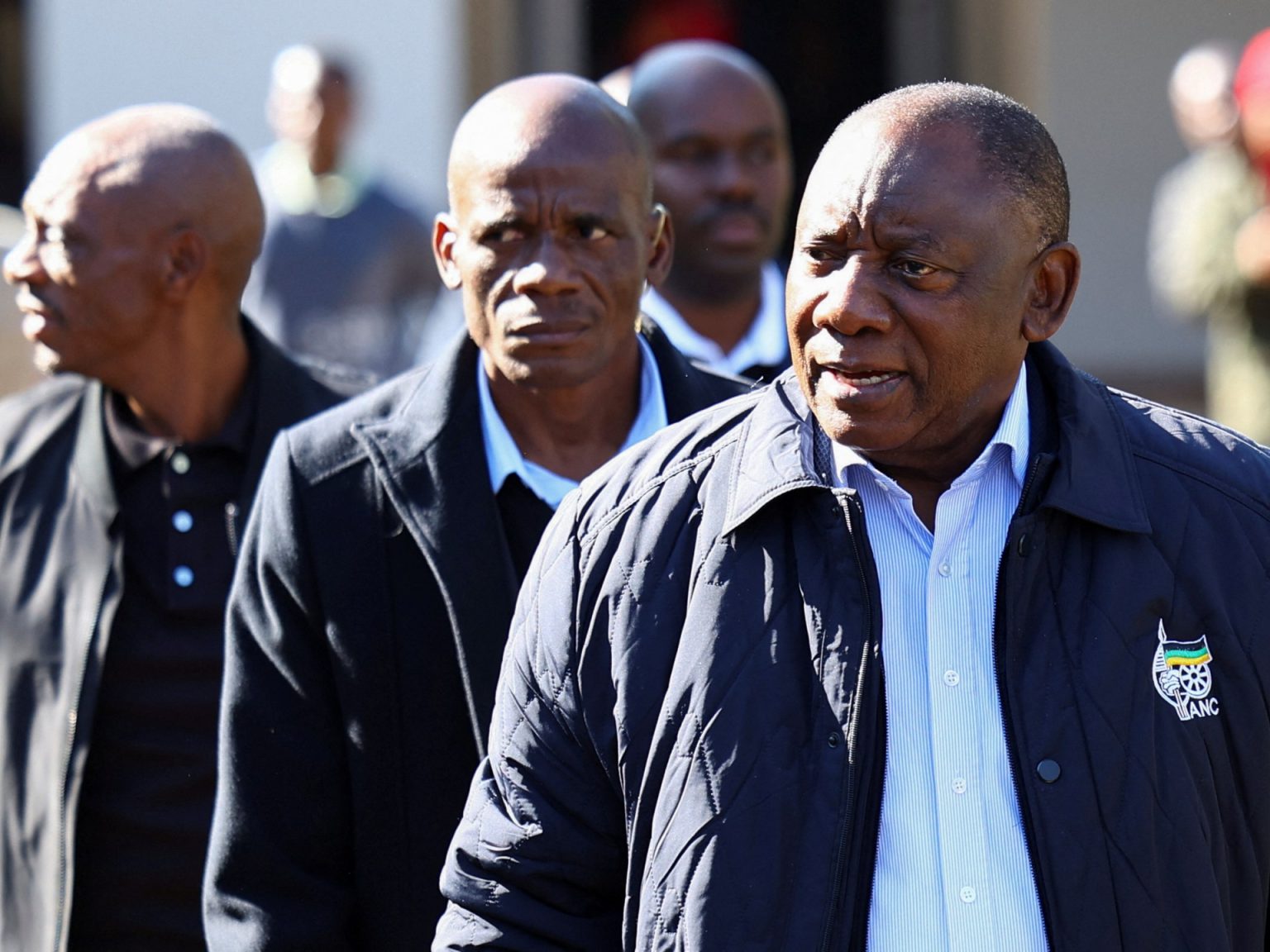South African President Cyril Ramaphosa has announced that his African National Congress (ANC) party will seek a national unity government, following a loss of parliamentary majority in the recent election. Ramaphosa stated that a government of national unity is the best option to address pressing issues such as crime, poverty, high living costs, and corruption in the country. He called for broad unity among South Africans to work together to overcome these challenges through multiparty cooperation and multi-stakeholder collaboration.
The ANC, which has been in power since the end of apartheid in 1994, faced a backlash in the recent election due to a chequered record. While it remains the largest party in the country, it can no longer govern alone after winning fewer seats in the National Assembly. The election outcome highlighted the frustration felt by the people of South Africa, prompting the ANC to consider a unity government as a response to the voters’ concerns. The party acknowledged the need for a coordinated effort to address the country’s economic, social, and political issues.
With the ANC’s diminished parliamentary representation, the party is seeking partners to form a coalition government. The ANC’s major rivals, including the Democratic Alliance (DA), uMkhonto we Sizwe (MK) led by former President Jacob Zuma, and the Economic Freedom Fighters (EFF), collectively hold a significant number of seats in parliament. While discussions with various parties have taken place regarding coalition discussions, the process of forming a coalition might be challenging given the differences between the groups involved. The ANC is exploring all options to reach an agreement before the constitutional deadline to convene the new parliament.
The DA has expressed reluctance to form a government that includes MK or the EFF, citing ideological differences. Financial markets would be in favor of a coalition government involving the DA, but such a decision might be unpopular among ANC supporters who view the party as a defender against “white monopoly capital.” Former ANC figures leading MK and EFF have opposed working with the current leadership and have expressed reservations about cooperating with the ANC under Ramaphosa’s leadership. The ANC has emphasized that it will not engage with parties demanding Ramaphosa’s resignation as a condition for joining an alliance.
Former President Jacob Zuma’s involvement in post-election discussions remains a point of contention, given his history of corruption scandals and legal troubles. Zuma’s support base, particularly in KwaZulu-Natal, adds complexity to the coalition-building process, as his party’s stance towards the ANC under Ramaphosa’s leadership remains hostile. The ANC’s efforts to engage with a wide range of political parties, including smaller groups, reflect a commitment to inclusivity and consensus-building to address the challenges facing South Africa. The country’s immediate focus is on forming a stable and effective government to tackle pressing issues and promote national unity.












